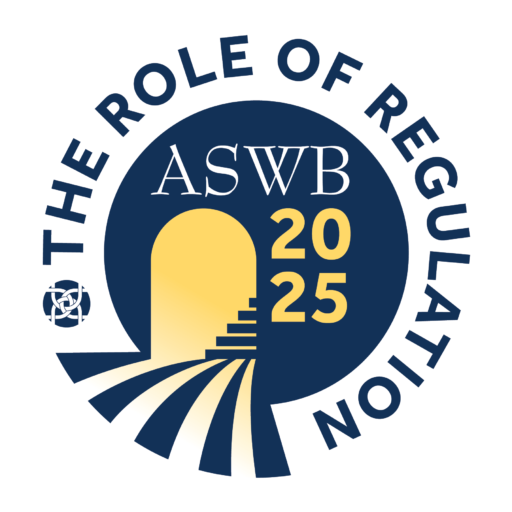Marette Monson, LCSW, discusses the critical role of testing accommodations in addressing licensure exam disparities. Marette provides compelling evidence on how accommodations uphold competency standards, enhance equality, and combat systemic barriers. Using real-life examples and insights from advocates, this session emphasizes the importance of ADA and ACA compliance in testing policies. Attendees will gain practical strategies to advocate for inclusive practices while understanding why alternative pathways or reducing standards undermine professional integrity and mobility.
Learning objectives
Participants will be able to:
- Understand the Legal Framework – Explain the Americans with Disabilities Act (ADA) and the Accessible Canada Act (ACA) as they relate to licensing and testing accommodations for individuals with disabilities.
- Recognize Disability Prevalence – Analyze data on disability prevalence in North America and its implications for education, employment, and social services.
- Evaluate Alternative Pathways – Assess the legality and ethical implications of alternative licensing pathways for social workers under ADA and ACA guidelines.
- Identify Systemic Barriers – Discuss how systemic barriers in education and employment affect individuals with disabilities and contribute to inequities in professional licensing.
- Develop Inclusive Practices – Propose policy solutions and accommodations that ensure fair and equal access to professional licensure for individuals with disabilities.
- Examine Social and Economic Consequences – Analyze how alternative licensing pathways may impact employment opportunities, salary potential, and legal liability for social workers.
- Reflect on Personal Biases and Assumptions – Critically examine personal perspectives on disability and competency in professional settings.
Presenter and panelists
Olegario “Ollie” D. Cantos VII, Esq.

